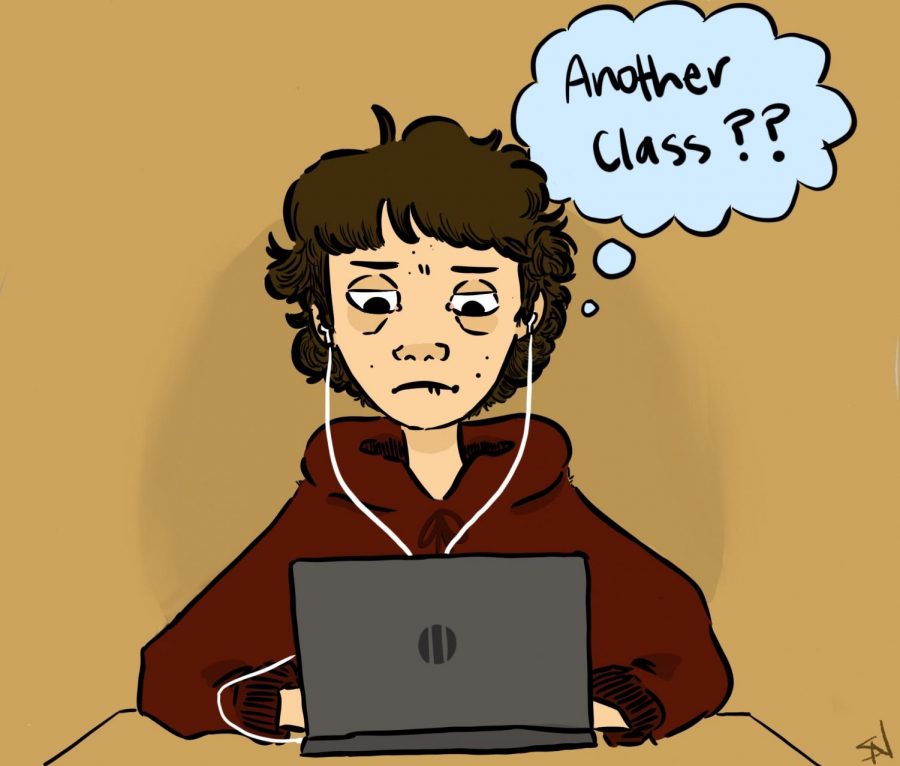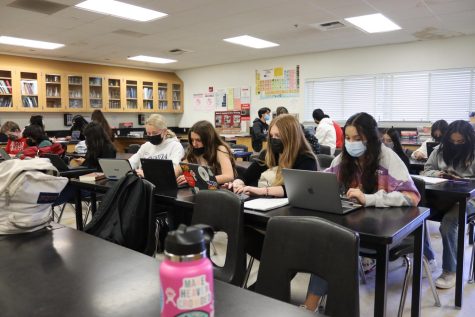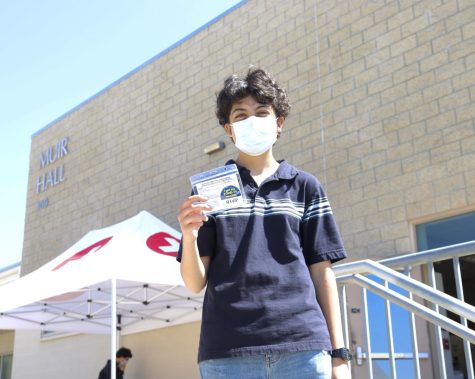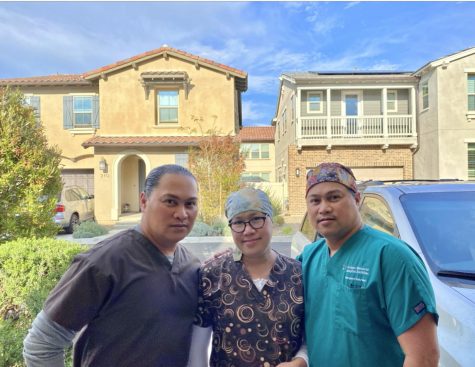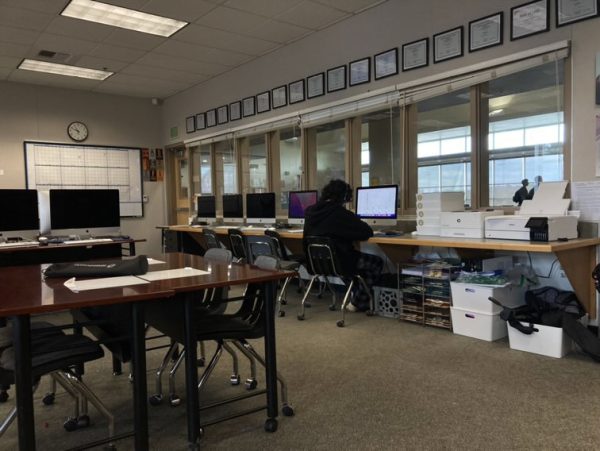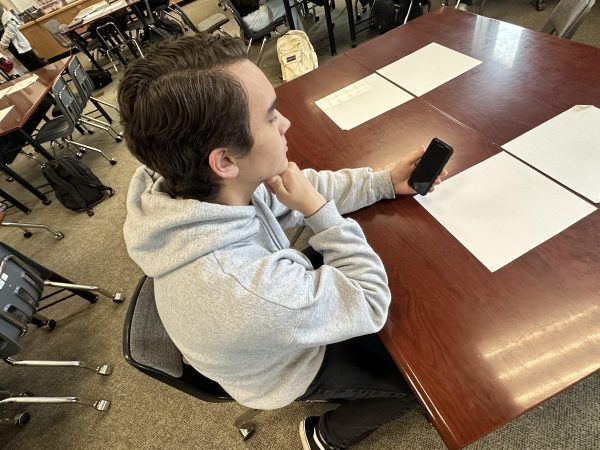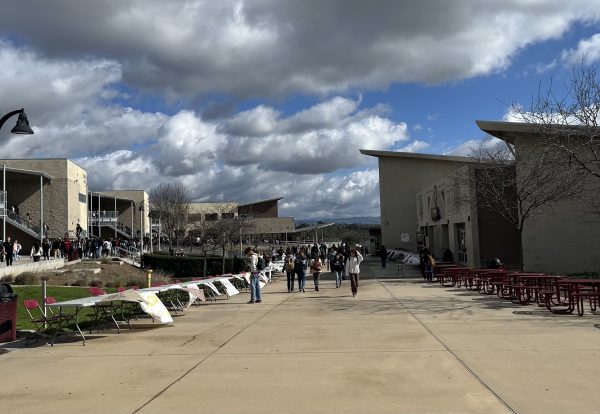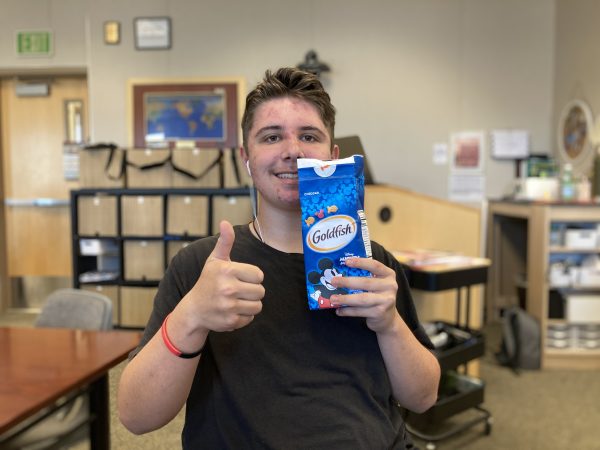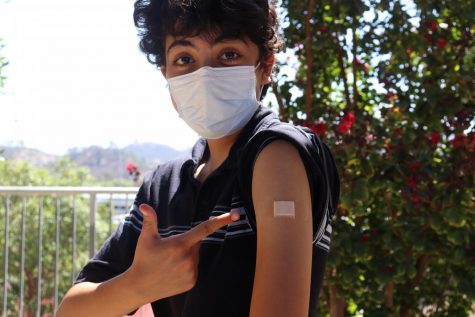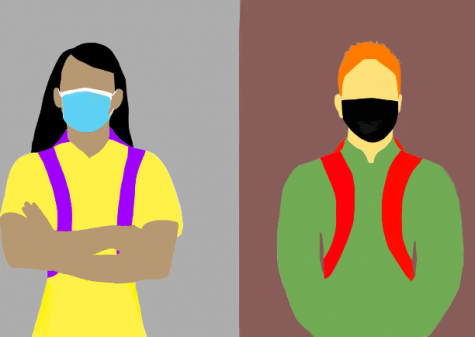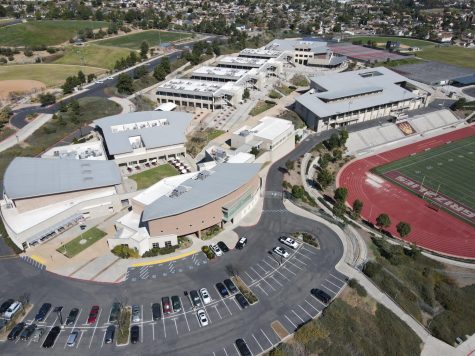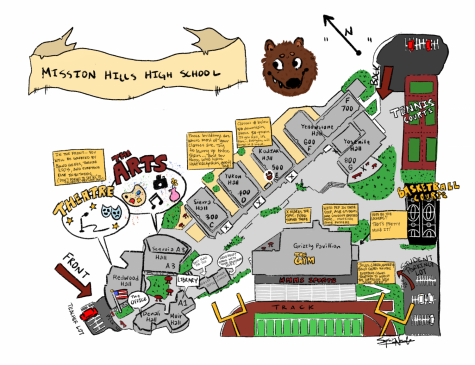We should advise a different approach to the recently added advisory period
While advisory was initially meant to support students during this isolating time, many have found it as just an extra to their overwhelming schedules.
Photo by Sophia Novelo
Already exhausted, students prepare for the new addition to their schedule.
The newest addition to student schedules, advisory, may just be the most disliked class in school history, and for good reasons. The administrative staff organized advisory to hopefully assist students academically and emotionally, but frankly, the class seems to be an unnecessary period that doesn’t have a clear purpose. This class could be an opportunity for students to receive help for their school work, or receive emotional support, but most students disagree with receiving these services in the form of the advisory period.
“Personally, I would rather take those thirty minutes out of the school day so we could get out a bit earlier because I’m kinda drained by 3:40 p.m. I do think that the tutoring aspect of advisory is quite useful and if you want to take a break/ have a longer lunch, it’s nice, but the school day is way too long in my opinion and I know a lot of my friends think that too. We don’t have all the time in the world, contrary to popular belief,” sophomore Sage Taylor said.
In addition to the concerns about having an extra class, students also have an issue with how they are placed in the classes, alphabetically, regardless of grade level.
“I do not want to be in a class with my sister who is a freshman,” senior Christopher Villa said. Over these past few weeks, most students have been sitting inside, in front of a computer screen for over six hours a day. Students are concerned about their health because of the extensive screen time, and rightfully so.
“I think that being in front of a computer screen for x amount of hours already puts a sense of fatigue on our bodies. Adding a mandatory advisory adds on screen time that isn’t needed,” senior Nayeli Hernandez said.
The majority of students have legitimate issues with advisory, while others are more optimistic about the class.
“I loved it — Had a great time! My favorite part was ONETv,” senior Ricky Williams said.
ONETv is definitely a major appeal of advisory, as a point of information and entertainment. However, do these 8-10 minute videos really necessitate a 30 minute class period? It does seem quite excessive.
While the advisory program has some beneficial qualities to a student’s school day, it is still considered an unnecessary class added on to an already draining schedule. Also, as said before, the increased time a student spends on the computer can potentially be harmful to the student’s physical and mental well being. Turning it into a program that helps students discover what they might want to do outside of high school, helping them figure out colleges that will be best for them, or even just shortening the class to ten minutes as opposed to thirty are all simple changes that would likely improve the approval rate of advisory.
Overall, COVID-19 has sparked a very strange time in our high school lives, and the administration is still striving to give their students a fulfilling education. With that in mind, a student’s well-being should not be ignored. There are so many different directions the administration could take, regarding advisory. While the implementation of an advisory period may be widely contentious, there is hope that it can be improved for the betterment of all students.

Austin Schultz got involved in the Mission Hills Silvertip this year, as a senior. Austin loves to get involved in anything that regards Mission Hills....
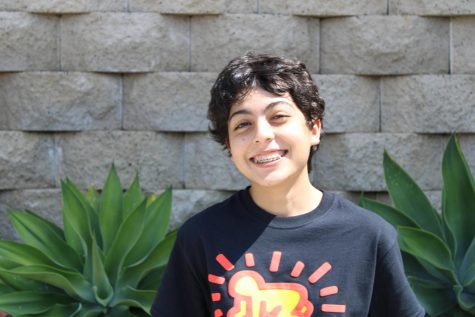
(She/Her) Sophia Novelo is a senior and this is her second year in journalism. As an Editor-in-Chief, Sophia fosters an environment in which students'...

